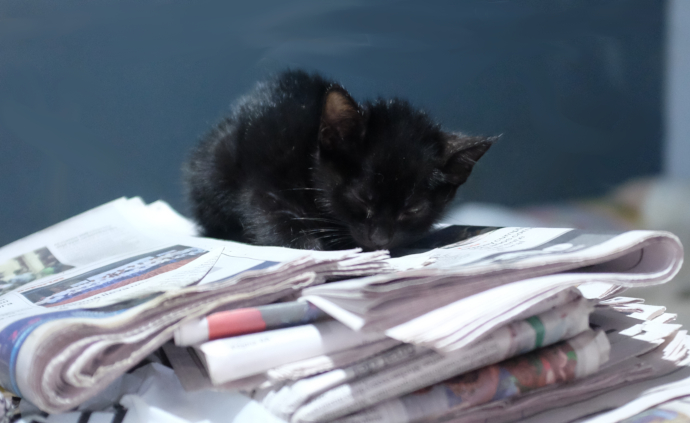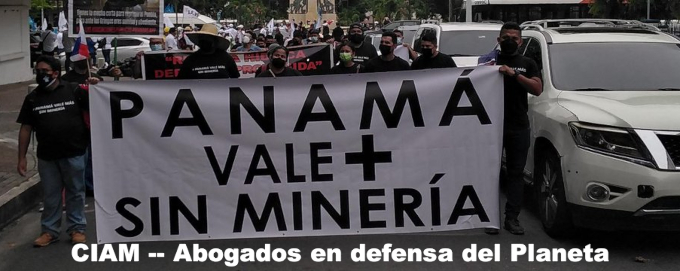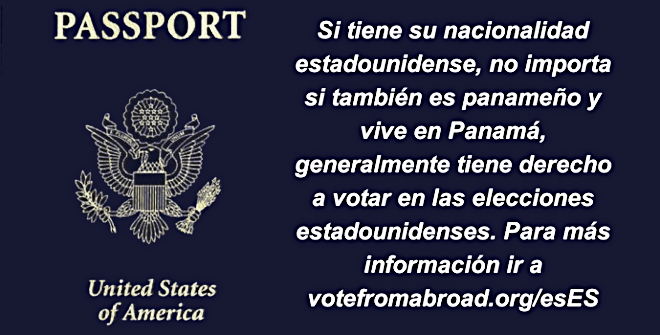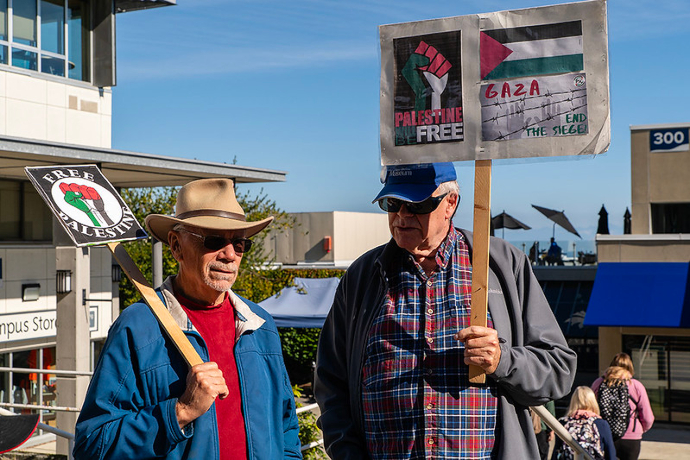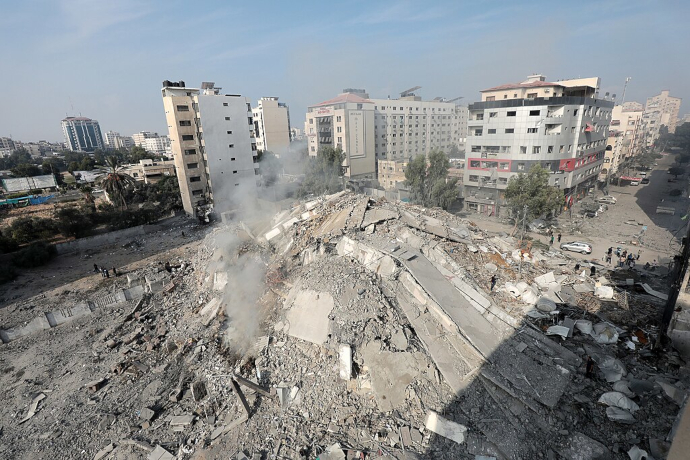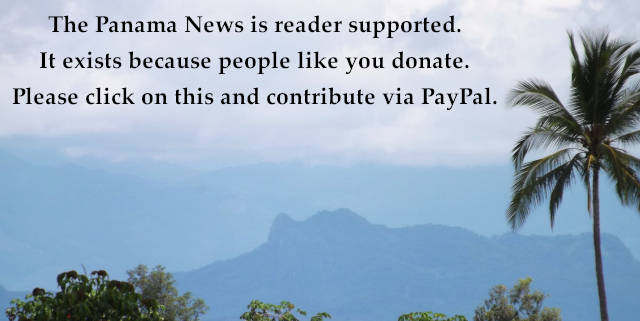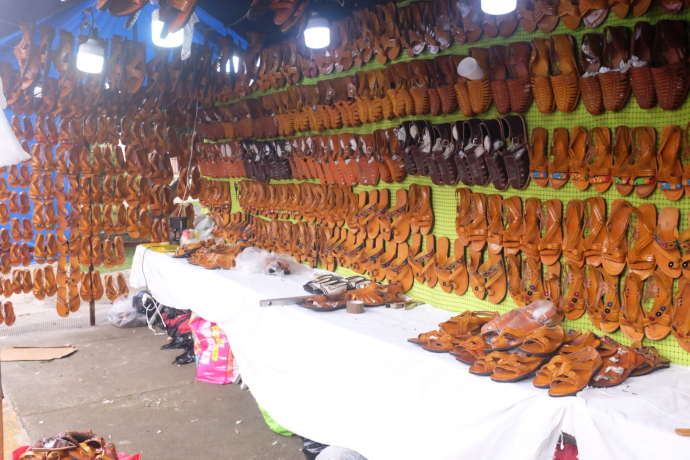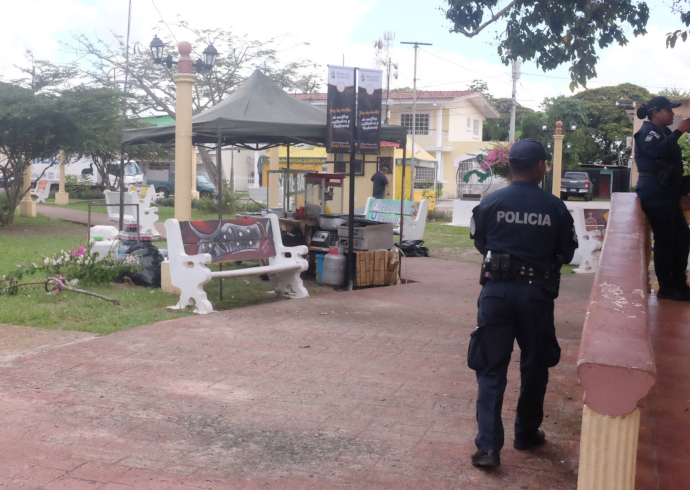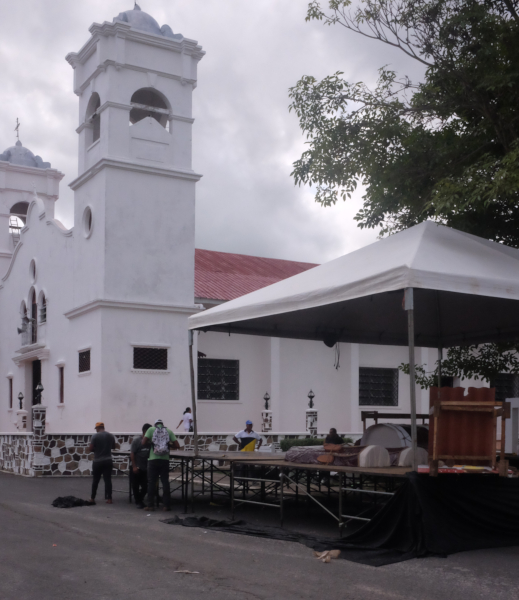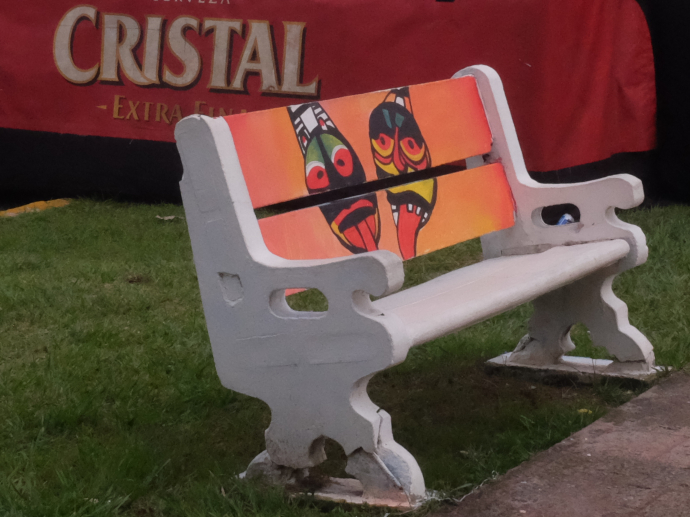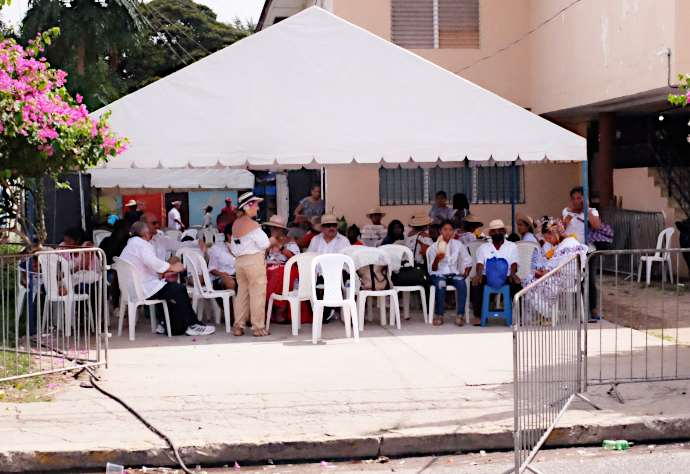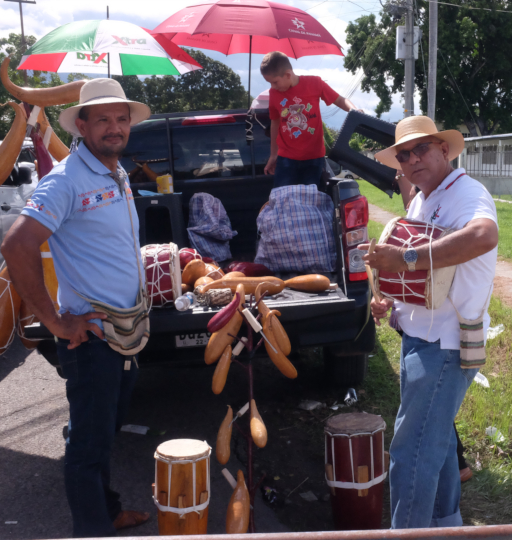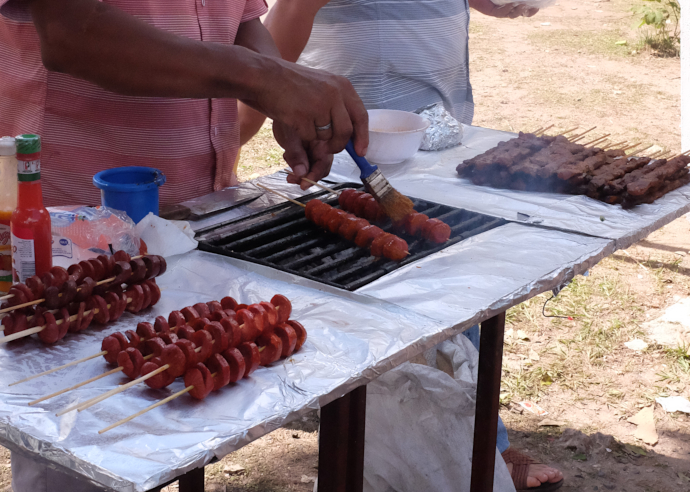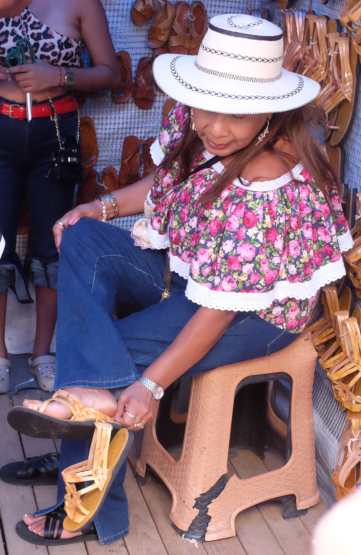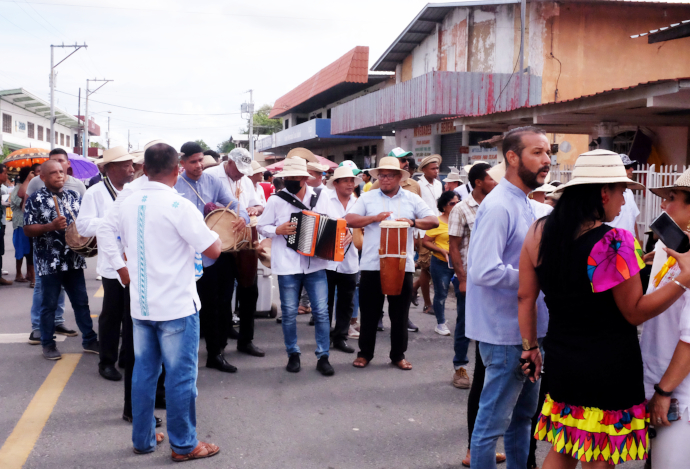There is nothing beyond our capacity
White House transcript of these remarks
Good evening, my fellow Americans. We’re facing an inflection point in history — one of those moments where the decisions we make today are going to determine the future for decades to come. That’s what I’d like to talk with you about tonight.
You know, earlier this morning, I returned from Israel. They tell me I’m the first American president to travel there during a war.
I met with the Prime Minister and members of his cabinet. And most movingly, I met with Israelis who had personally lived through horrific horror of the attack by Hamas on the 7th of October.
More than 1,300 people slaughtered in Israel, including at least 32 American citizens. Scores of innocents — from infants to elderly grandparents, Israelis, Americans — taken hostage.
As I told the families of Americans being held captive by Hamas, we’re pursuing every avenue to bring their loved ones home. As President, there is no higher priority for me than the safety of Americans held hostage.
The terrorist group Hamas unleashed pure, unadulterated evil in the world. But sadly, the Jewish people know, perhaps better than anyone, that there is no limit to the depravity of people when they want to inflict pain on others.
In Israel, I saw a people who are strong, determined, resilient, and also angry, in shock, and in deep, deep pain.
I also spoke with President Abbas of the Palestinian Authority and reiterated that the United States remains committed to the Palestinian people’s right to dignity and to self-determination. The actions of Hamas terrorists don’t take that right away.
Like so many other, I am heartbroken by the tragic loss of Palestinian life, including the explosion at a hospital in Gaza — which was not done by the Israelis.
We mourn every innocent life lost. We can’t ignore the humanity of innocent Palestinians who only want to live in peace and have an opportunity.
You know, the assault on Israel echoes nearly 20 months of war, tragedy, and brutality inflicted on the people of Ukraine — people that were very badly hurt since Putin launched his all-out invasion.
We’ve have not forgotten the mass graves, the bodies found bearing signs of torture, rape used as a weapon by the Russians, and thousands and thousands of Ukrainian children forcibly taken into Russia, stolen from their parents. It’s sick.
Hamas and Putin represent different threats, but they share this in common: They both want to completely annihilate a neighboring democracy — completely annihilate it.
Hamas — its stated purpose for existing is the destruction of the State of Israel and the murder of Jewish people.
Hamas does not represent the Palestinian people. Hamas uses Palestinian civilians as human shields, and innocent Palestinian families are suffering greatly because of them.
Meanwhile, Putin denies Ukraine has or ever had real statehood. He claims the Soviet Union created Ukraine. And just two weeks ago, he told the world that if the United States and our allies withdraw — and if the United States withdraw, our allies will as well — military support for Ukraine, it would have, quote, “a week left to live.” But we’re not withdrawing.
I know these conflicts can seem far away. And it’s natural to ask: Why does this matter to America?
So let me share with you why making sure Israel and Ukraine succeed is vital for America’s national security. You know, history has taught us that when terrorists don’t pay a price for their terror, when dictators don’t pay a price for their aggression, they cause more chaos and death and more destruction. They keep going, and the cost and the threats to America and to the world keep rising.
So, if we don’t stop Putin’s appetite for power and control in Ukraine, he won’t limit himself just to Ukraine. He’s — Putin has already threated to “remind” — quote, “remind” Poland that their western land was a gift from Russia.
One of his top advisors, a former president of Russia, has called Estonia, Latvia, and Lithuania Russia’s “Baltic provinces.” These are all NATO Allies.
For 75 years, NATO has kept peace in Europe and has been the cornerstone of American security. And if Putin attacks a NATO Ally, we will defend every inch of NATO which the treaty requires and calls for.
We will have something that we do not seek — make it clear: we do not seek — we do not seek to have American troops fighting in Russia or fighting against Russia.
Beyond Europe, we know that our allies and, maybe most importantly, our adversaries and competitors are watching. They’re watching our response in Ukraine as well.
And if we walk away and let Putin erase Ukraine’s independence, would-be aggressors around the world would be emboldened to try the same. The risk of conflict and chaos could spread in other parts of the world — in the Indo-Pacific, in the Middle East — especially in the Middle East.
Iran is — is supporting Russia in Ukraine, and it’s supporting Hamas and other terrorist groups in the region. And we’ll continue to hold them accountable, I might add.
The United States and our partners across the region are working to build a better future for the Middle East, one where the Middle East is more stable, better connected to its neighbors, and — through innovative projects like the India-Middle East-Europe rail corridor that I announced this year at the summit of the world’s biggest economies. More predictable markets, more employment, less rage, less grievances, less war when connected. It benefits the people — it would benefit the people of the Middle East, and it would benefit us.
American leadership is what holds the world together. American alliances are what keep us, America, safe. American values are what make us a partner that other nations want to work with. To put all that at risk if we walk away from Ukraine, if we turn our backs on Israel, it’s just not worth it.
That’s why, tomorrow, I’m going to send to Congress an urgent budget request to fund America’s national security needs, to support our critical partners, including Israel and Ukraine.
It’s a smart investment that’s going to pay dividends for American security for generations, help us keep American troops out of harm’s way, help us build a world that is safer, more peaceful, and more prosperous for our children and grandchildren.
In Israel, we must make sure that they have what they need to protect their people today and always.
The security package I’m sending to Congress and asking Congress to do is an unprecedented commitment to Israel’s security that will sharpen Israel’s qualitative military edge, which we’ve committed to the qualitative military edge.
We’re going to make sure Iron Dome continues to guard the skies over Israel. We’re going to make sure other hostile actors in the region know that Israel is stronger than ever and prevent this conflict from spreading.
Look, at the same time, Prime Minister Netanyahu and I discussed again yesterday the critical need for Israel to operate by the laws of war. That means protecting civilians in combat as best as they can. The people of Gaza urgently need food, water, and medicine.
Yesterday, in discussions with the leaders of Israel and Egypt, I secured an agreement for the first shipment of humanitarian assistance from the United Nations to Palestinian civilians in Gaza.
If Hamas does not divert or steal these shipments, we’re going to provide an opening for sustained delivery of lifesaving humanitarian assistance for the Palestinians.
And as I said in Israel: As hard as it is, we cannot give up on peace. We cannot give up on a two-state solution.
Israel and Palestinians equally deserve to live in safety, dignity, and peace.
You know, and here at home, we have to be honest with ourselves. In recent years, too much hate has been given too much oxygen, fueling racism, a rise in antisemitism and Islamophobia right here in America.
It’s also intensified in the wake of recent events that led to the horrific threats and attacks that both shock us and break our hearts.
On October 7th, terror attacks have triggered deep scars and terrible memories in the Jewish community.
Today, Jewish families worried about being targeted in school, wearing symbols of their faith walking down the street, or going out about their daily lives.
You know, I know many of you in the Muslim American community or the Arab American community, the Palestinian American community, and so many others are outraged and hurting, saying to yourselves, “Here we go again,” with Islamophobia and distrust we saw after 9/11.
Just last week, a mother was brutally stabbed, a little boy — here in the United States — a little boy who had just turned six years old was murdered in their home outside of Chicago.
His name was Wadea — Wadea — a proud American, a proud Palestinian American family.
We can’t stand by and stand silent when this happens. We must, without equivocation, denounce antisemitism. We must also, without equivocation, denounce Islamophobia.
And to all of you hurting — those of you who are hurting, I want you to know: I see you. You belong. And I want to say this to you: You’re all America. You’re all America.
This is in a moment where there’s — you know, in moments like these, when fear and suspicion, anger and rage run hard, that we have to work harder than ever to hold on to the values that make us who we are.
We’re a nation of religious freedom, freedom of expression. We all have a right to debate and disagree without fear of being targeted at schools or workplaces or in our communities.
And we must renounce violence and vitriol, see each other not as enemies but as — but as fellow Americans.
When I was in Israel yesterday, I said that when America experienced the hell of 9/11, we felt enraged as well. While we sought and got justice, we made mistakes. So, I cautioned the government of Israel not to be blinded by rage.
And here in America, let us not forget who we are. We reject all forms — all forms of hate, whether against Muslims, Jews, or anyone. That’s what great nations do, and we are great nation.
On Ukraine, I’m asking Congress to make sure we can continue to send Ukraine the weapons they need to defend themselves and their country without interruption so Ukraine can stop Putin’s brutality in Ukraine.
They are succeeding.
When Putin invaded Ukraine, he thought he would take Kyiv and all of Ukraine in a matter of days. Well, over a year later, Putin has failed, and he continues to fail. Kyiv still stands because of the bravery of the Ukrainian people.
Ukraine has regained more than 50 percent of the territory
Russian troops once occupied, backed by a US-led coalition of more than 50 countries around the world all doing its part to support Kyiv.
What would happen if we walked away? We are the essential nation.
Meanwhile, Putin has turned to Iran and North Korea to buy attack drones and ammunition to terrorize Ukrainian cities and people.
From the outset, I have said I will not send American troops to fight in Ukraine.
All Ukraine is asking for is help — for the weapons, munitions, the capacity, the capability to push invading Russian forces off their land, and the air defense systems to shoot down Russian missiles before they destroy Ukrainian cities.
And let me be clear about something: We send Ukraine equipment sitting in our stockpiles. And when we use the money allocated by Congress, we use it to replenish our own stores — our own stockpiles with new equipment — equipment that defends America and is made in America: Patriot missiles for air defense batteries made in Arizona; artillery shells manufactured in 12 states across the country — in Pennsylvania, Ohio, Texas; and so much more.
You know, just as in World War Two, today, patriotic American workers are building the arsenal of democracy and serving the cause of freedom.
Let me close with this. Earlier this year, I boarded Air Force One for a secret flight to Poland. There, I boarded a train with blacked-out windows for a 10-hour ride each way to Kyiv to stand with the people of Ukraine ahead of the one-year anniversary of their brave fight against Putin.
I’m told I was the first American president to enter a warzone not controlled by the United States military since President Lincoln.
With me was just a small group of security personnel and a few advisors.
But when I exited that train and met President Zelenskyy, I didn’t feel alone. I was bringing with me
the idea of America, the promise of America to the people who are today fighting for the same things we fought for 250 years ago: freedom, independence, self-determination.
And as I walked through Kyiv with President Zelenskyy, with air raid sirens sounding in the distance, I felt something I’ve always believed more strongly than ever before: America is a beacon to the world still. Still.
We are, as my friend Madeleine Albright said, “the indispensable nation.”
Tonight, there are innocent people all over the world who hope because of us, who believe in a better life because of us, who are desperate not be forgotten by us, and who are waiting for us.
But time is of the essence.
I know we have our divisions at home. We have to get past them. We can’t let petty, partisan, angry politics get in the way of our responsibilities as a great nation.
We cannot and will not let terrorists like Hamas and tyrants like Putin win. I refuse to let that happen.
In moments like these, we have to remind — we have to remember who we are. We are the United States of America — the United States of America. And there is nothing — nothing beyond our capacity if we do it together.
My fellow Americans, thank you for your time.
May God bless you all. And may God protect our troops.
Contact us by email at fund4thepanamanews@gmail.com
To fend off hackers, organized trolls and other online vandalism, our website comments feature is switched off. Instead, come to our Facebook page to join in the discussion.
These links are interactive — click on the boxes
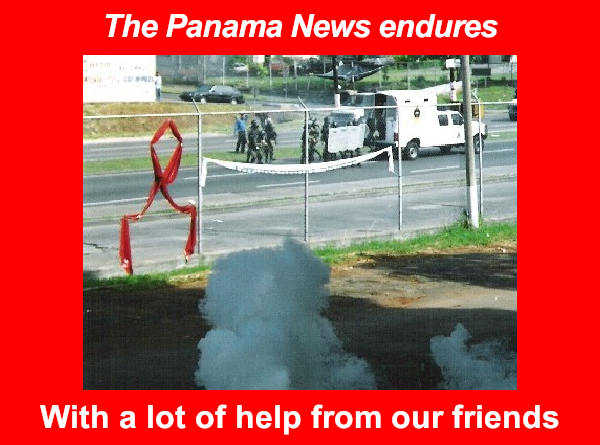
![]()













